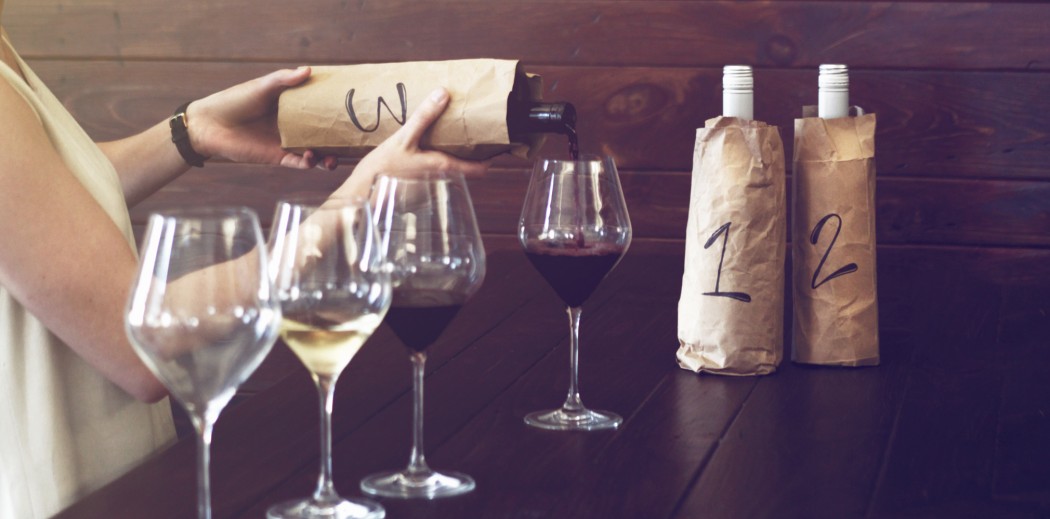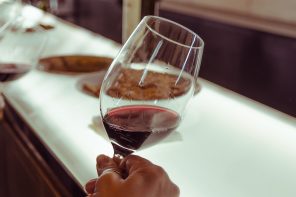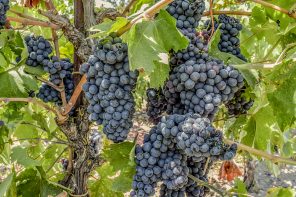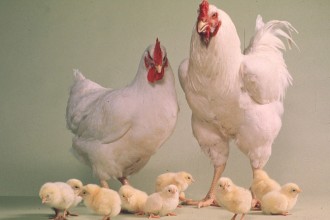Roughly 3,000 years ago, the first ever Olympic Games were held in ancient Greece, marking the beginning of an eons-old tradition that today unites the world in one of the only globally recognized events.
Now, fast forward a few thousand years and you have the birth of another historic and equally fierce competition that has gone down in history as one of the most significant international turning points ever… in the world of wine, at least. The 1976 Judgement of Paris (ironically, named for an ancient Greek myth) was a competition that positioned the best of the best wines of France against the lesser-known, upcoming wines of California.
The mastermind behind this epic showdown was wine merchant Steven Spurrier, who believed that the only way for the wines to be fairly judged was through a blind tasting in which judges could not know where each wine came from. In the end, the Napa Valley winemakers walked away the winners, showing for the first time that wines from outside of France could actually outmatch their predecessors. This opened the door for wines from all over the world to be given the same respect.
While one can only hope that every judge is as fair and unbiased as the next, the Napa Valley wines’ success in the Judgement of Paris likely would not have happened if the tasters had known which wines were French and which were American. The idea that French wines were always going to be best was so entrenched in the wine world that many experts were blinded (pun intended) to the possibility of great wines from anywhere else.
Things have changed a lot since the 1970s (goodbye, bell-bottoms), and great bottles of wine are being produced in places from South Africa to Chile to China. But without the Judgement of Paris, who knows how long it would have taken us to realize it. Even today, many wine reviewers still rely on simplified 100 point scales to rank their wines and yearly critiques to decide which bottles are best.
“How boring to take an entire growing season, fermentation, aging, bottling, labeling, etcetera – and just give it a score,” says sommelier Sam Timberg. “Wine should be more fun than that.”
What it really comes down to is personal taste, which means that wine ratings are, well, worthless.
“Blind tasting should be treated as nothing more than a tool,” says sommelier Victoria James. “It is just one of the many tools we have as somms.”
In other words, a tool to help drinkers of all levels taste and evaluate new wines without any bias (sound familiar?).
In Sam’s experience, tasting wines blind can help even the playing field between wines people have been told are great (usually with a higher price tag) and wines that are lesser-known (and therefore less expensive) but of equal quality and flavor. He says that people may be able to tell the difference between a $10 and $100 bottle of wine, but that doesn’t mean they’ll like the $100 bottle more.
So yes, the Judgement of Paris was a blind tasting competition in which one wine beat another – but that’s not the point. The more important takeaway from that fateful day was that any wine from anywhere has the ability to knock your socks off if you give it the chance. All you have to do is let your own taste buds lead the way.








